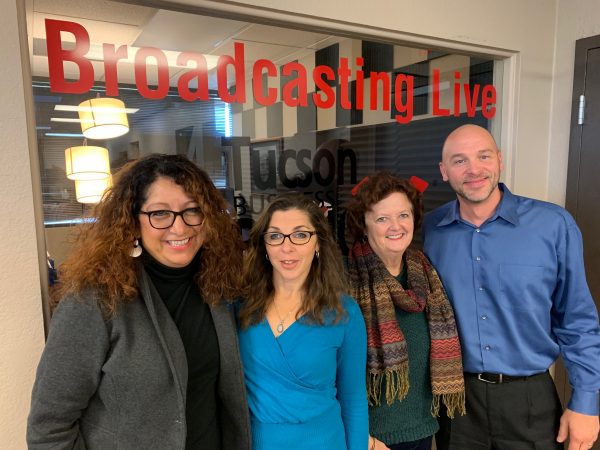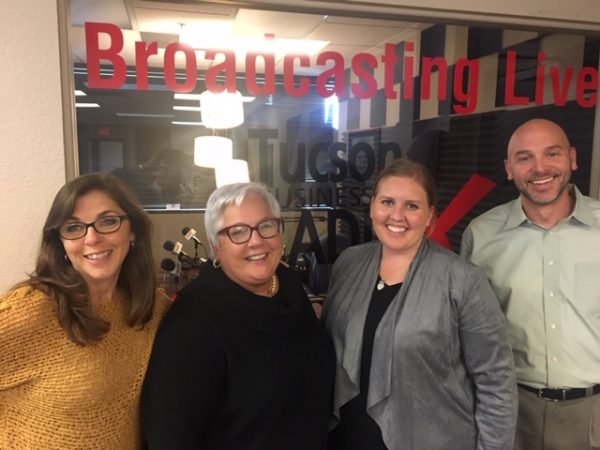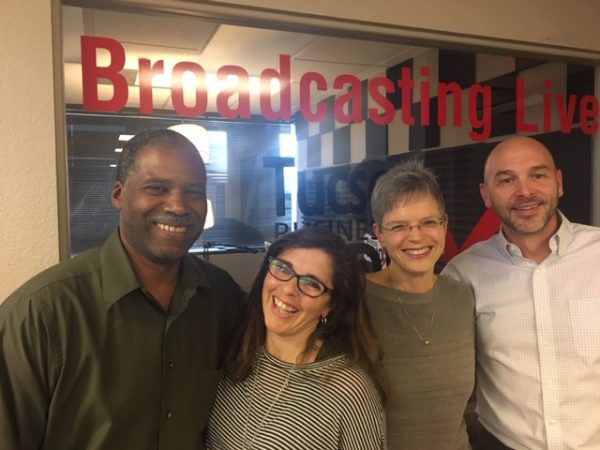Posts Tagged ‘KPI’
What are you Measuring?
In March of 1968, Robert Kennedy gave a speech at the University of Kansas in which he included a powerful illumination regarding GNP that succinctly advances a line of thinking that we all should still be considering 50 years later.
Links to: Full speech transcript, Excerpt in Audio Form
“….Too much and for too long, we seemed to have surrendered personal excellence and community values in the mere accumulation of material things. Our Gross National Product, now, is over $800 billion dollars a year, but that Gross National Product – if we judge the United States of America by that – that Gross National Product counts air pollution and cigarette advertising, and ambulances to clear our highways of carnage. It counts special locks for our doors and the jails for the people who break them. It counts the destruction of the redwood and the loss of our natural wonder in chaotic sprawl. It counts napalm and counts nuclear warheads and armored cars for the police to fight the riots in our cities. It counts Whitman’s rifle and Speck’s knife, and the television programs which glorify violence in order to sell toys to our children. Yet the gross national product does not allow for the health of our children, the quality of their education or the joy of their play. It does not include the beauty of our poetry or the strength of our marriages, the intelligence of our public debate or the integrity of our public officials. It measures neither our wit nor our courage, neither our wisdom nor our learning, neither our compassion nor our devotion to our country, it measures everything in short, except that which makes life worthwhile. And it can tell us everything about America except why we are proud that we are Americans.”
The specific problems and concerns of today may not exactly mirror those spoken of in 1960, but the themes and parallels are no doubt present. Our modern landscape has ushered in new challenges like life-threatening climate change, vast income inequality, hostile cultural divisiveness, and a grim public health picture. At the national level, the common gauges of success and prosperity today are tied to measurements like GDP, crime rates and unemployment levels. It is great to see positive “scores” in those areas, but just as Robert Kennedy points out – they don’t tell the whole story.
Read MoreConscious Capitalism Podcast: Episode 4
Sarah and I were treated to a conversation with a leader of a “2018 Best Places to Work” award winner and a person laboring on a global scale to confront the preservation needs of our planet.
Take a listen
Environmental Initiatives and the Leaders Behind the Tucson 2030 District
In today’s episode, we explore environmental initiatives in the Tucson area focusing on the Tucson 2030 District. Listen in to learn more about 2030 initiatives and the city’s that are making them part of their 10-year plan.
Read MoreUnderstanding the Impact of Defining Your Organization’s Core Purpose
In this episode, we are joined by Megan Everett, Director of Marketing for Mister Car Wash and Pamela Crim, CEO of BBB Serving Southern Arizona. Today’s episode covers community engagement, corporate citizenship and other elements of conscious capitalism that highlights the importance of contributing to your community as a business. Investing in your business by investing in your people and your community can have an enormous impact on your triple bottom line. Enjoy, comment, and tune in next time!
Read MoreAdapt or Fall Behind
A few years ago my family had to say farewell to a pediatric practice that was the only one my children had known since birth. The wife ran the business side of the practice and the husband was the M.D. He was one of those rare people who found the perfect vocation to match natural born traits with developed capabilities.
Read MoreStrategic Management: A Stakeholder Approach by R. Edward Freeman
Conscious Capitalism, Inc. became a formal organization in 2010. A chronological history of the movement begins with a reference to the 1984 publishing of Freeman’s book, Strategic Management: A Stakeholder Approach. Stakeholder Orientation is one of the four tenets of Conscious Capitalism. Per the Conscious Capitalism website, conscious businesses focus on their whole business ecosystem creating and optimizing value for all of their stakeholders, understanding that strong and engaged stakeholders lead to a healthy, sustainable, resilient business.
Read MoreListen to Our New Podcast! Conscious Capitalism Episode 1
In our first episode I am joined by Eugene Carter, Identity Theft Expert; Jennifer Sellers, Certified Coach and Author, and Sarah McCrarin, Compliance Expert. We discuss the four tenets of Conscious Capitalism and why we find that they are an essential key to the longevity of every type of business. They also provide a strong foundation and basis for any other type of group or organization.
Read MoreTune Out the Noise: Use These 6 HR Key Performance Indicators
In today’s fast-moving, technological world, the types and amount of data hovering around is almost mind-numbing. Business leaders know that there can be great benefit when the right data can be tapped and cultivated in support of the organizational purpose. That is simple in concept, but a bit more challenging in practice. What is “the right” data? How is obtained? What needs to be in place to actually capitalize on it? The bad news is that since all businesses are unique there is no recipe to copy. The good news is that given all businesses rely on people there are some patterns that emerge about what data is helpful to routinely mine internally for HR purposes. Take a look at “6 HR KPI’s that will help your business prosper.”
Read MoreNo Need to Plead: Techniques to Keep Your Top Talent
At a time when unemployment in the U.S. is at historic lows it could be easy to conclude that employers are in a favorable position to keep their teams intact. After all, there are so few competitive vacancies for those workers to consider. In reality, though, many business operators will share that the real scarcity is in finding the right people who can truly make the desired contributions. This suggests that the valuable members on your team would be coveted at any number of other places of business if they were so inclined to go exploring. The call for business operators then is to keep them happy and productive right where they are. Our HR library profiles a couple of resources, “An Easy Employee Retention Tool That Works” & “Keys to Retaining Top Talent”, that house techniques and concepts to keep your current and future top performers with you.
Read MoreKeeping Your Social Cool: Why You Need a Social Media Policy
I have a friend who currently can’t find enough hours in the day to address the volume of interest he has from people asking him to help make cell phones work more reliably in their place of business. High rise, urban buildings, and dense manufacturing plants/warehouses are some examples of those hungry to address the challenge. It was initially paradoxical to me as he expressed that these organizations contacting him already operate with their own business class phone systems and Internet-linked computers. Why does it matter that access to cellular networks from those environments is limited? It turns out that for many in the workforce today the cell phone is the defacto instrument where communication is conducted; not just for personal but for business as well. So much so that companies are willing to pay money to address the need for reliable cell coverage even when sitting next to a desk phone.
Read More









